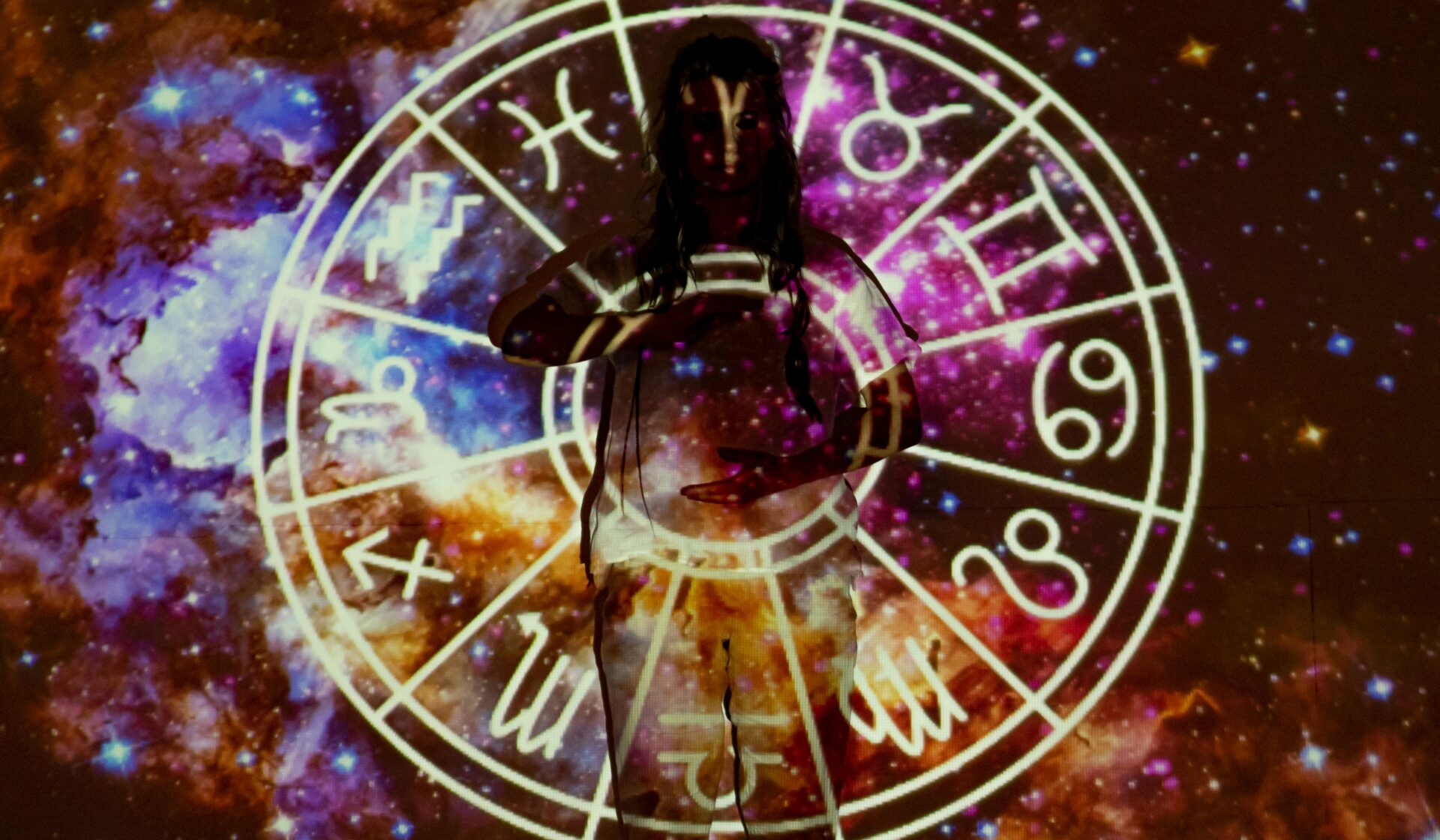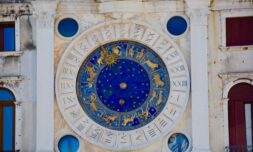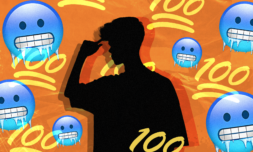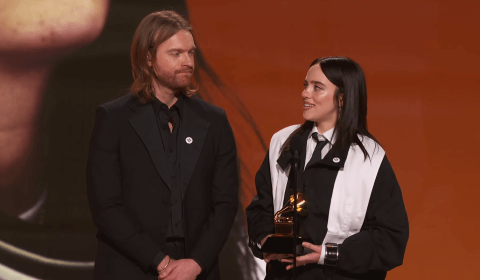From Aristotle to A-listers, astrology has been popular for centuries. Gen Z is particularly obsessed, with star signs playing a major role in how they interact on social media.
Whether you believe in the power of the Zodiac or not, star signs have been in magazines since 1930, when the Sunday Express printed a birth horoscope for Princess Margaret Rose on August 24.
Those of you who can tell the difference between astrology and astronomy will know that this makes the late Princess a Virgo.
So, just in case the Countess of Snowdon did happen to have a thing for queer redheads from Ireland with a belter pair of lungs and cowboy boots, unfortunately she’s out of luck.
Ever since, horoscopes have dominated pop culture.
In 2018, The Go! Team introduced themselves by their star signs like some sort of AA meeting.
Three years later, Lana Del Rey re-romanticised this, asking her lover ‘baby, what’s your sign?’ before telling us that her moon is in Leo and her Cancer is in sun.
Shortly after, CMAT said ‘no more Virgos,’ banning herself from dating ‘little September boys’ before Beyonce told us they were okay with ‘Virgo’s groove.’
Many of us love them too.
They help us predict how our week is going to go, to see if we’re compatible with our crush, or even to work out why we might be feeling like the stars haven’t been aligning in our lives as of late.
But now, whether you’re feeling as spontaneous as a Sagittarius or perhaps a sense of balance and equaLibra-m, it seems you’ll need to think twice about being openly passionate about this in public because some venues have allegedly started placing entry restrictions on certain star signs.
At Zamboni in New York City, this measure was established after the luxury nightclub’s owner noticed a pattern among the star signs of those starting the majority of late night fights – that they were all Aries.
In an interview with CNN, Michael Zamboni revealed that it was easier to simply ban them altogether and that Geminis would have to pay double thanks to their ‘dual nature.’
View this post on Instagram
However, one thing many of the commenters on Zamboni’s new restrictions may not have picked up on was that the original article, written by Anna Winter, was published on April 1st, coincidentally also the age of the Aries. In which case, could it be that this Aries avoidant admission policy was part of an April fools?
Regardless, this got me thinking more broadly about the role of star signs in Gen Z internet culture.
Astrology was first used in Mesopatamia in the 3rd millennium BC as a way to predict seasonal changes and know when to plant and harvest crops.
Originally, it was considered inseparable from astronomy, but it was later appropriated and Westernised in Greek civilisation during the Hellenistic period, before entering Islamic culture through the Greek tradition and eventually being returned to European culture through Arabic learning during the middle ages.
Though horoscopes have been re-interpreted and modernised a great deal over the centuries, the idea that the 12 constellations of the zodiac cause the bright stars to have a spiritual influence over human affairs has remained fundamentally the same.




















